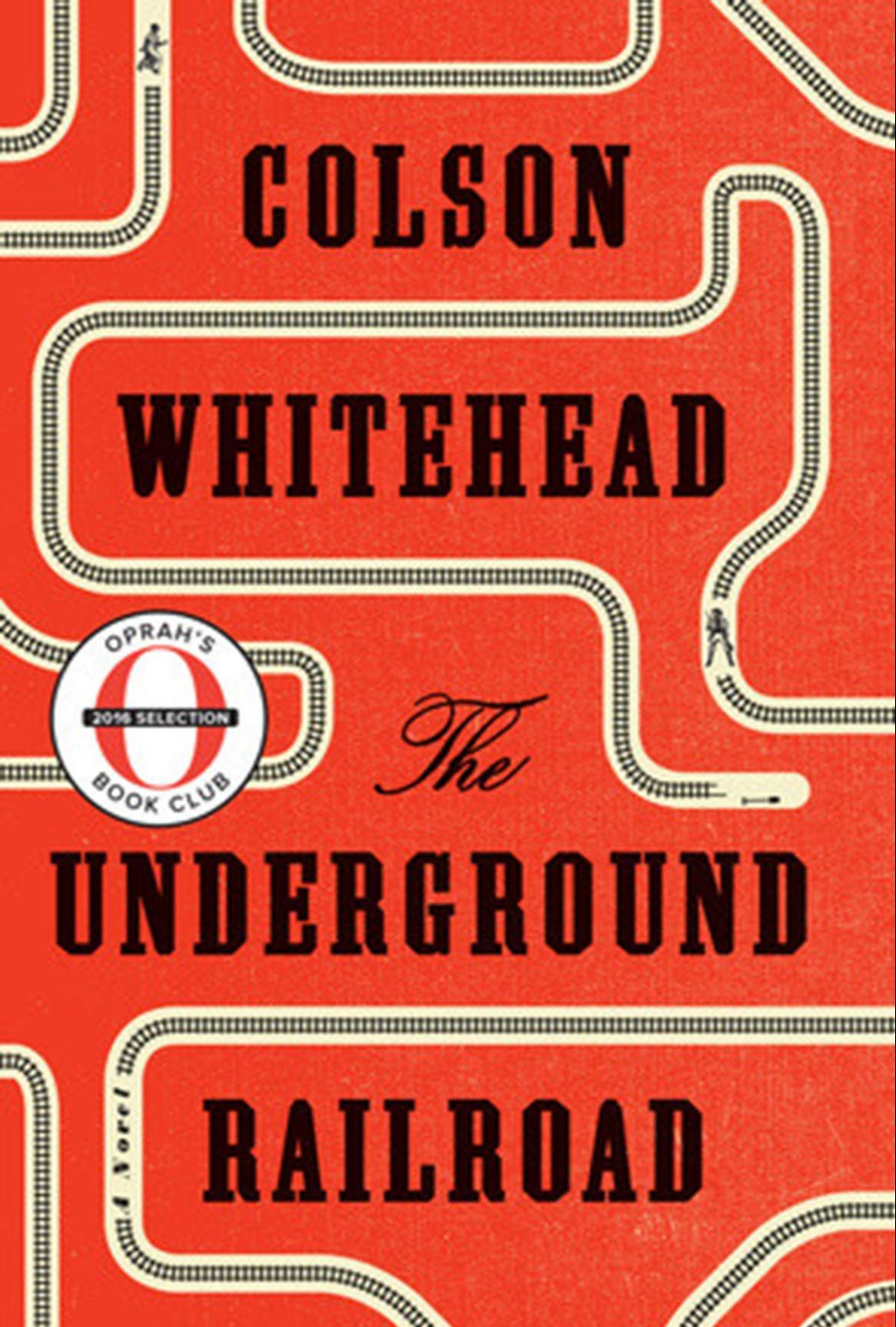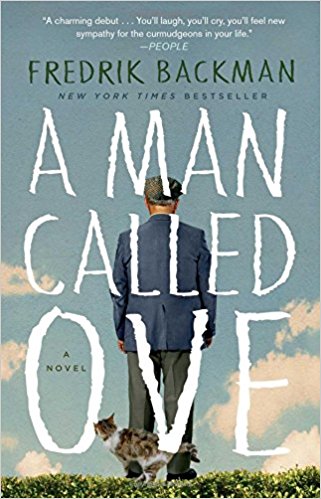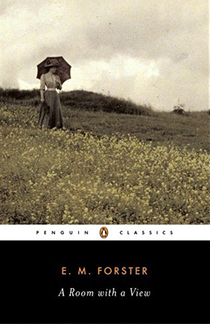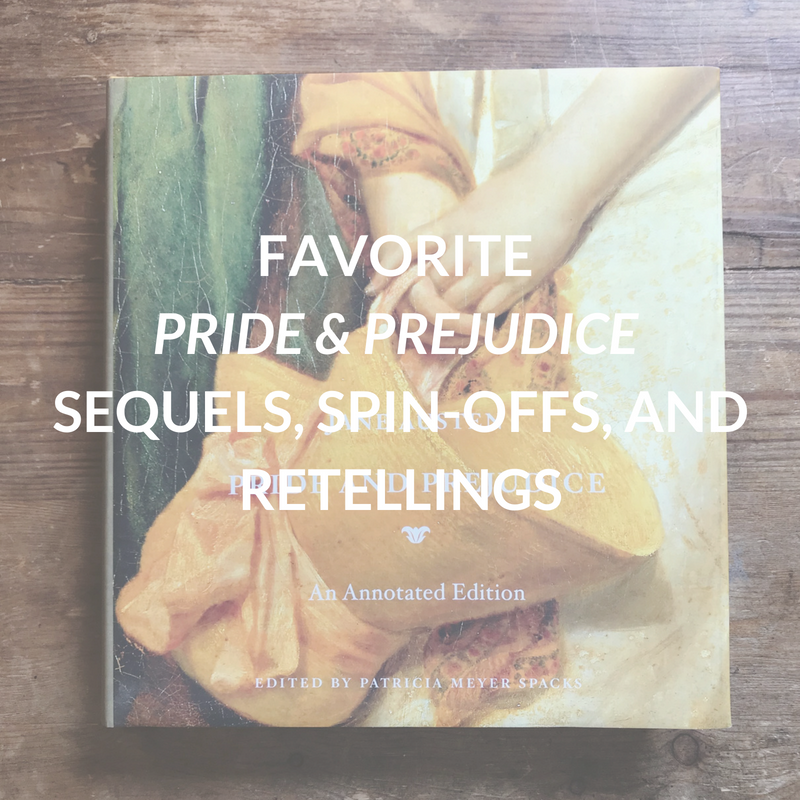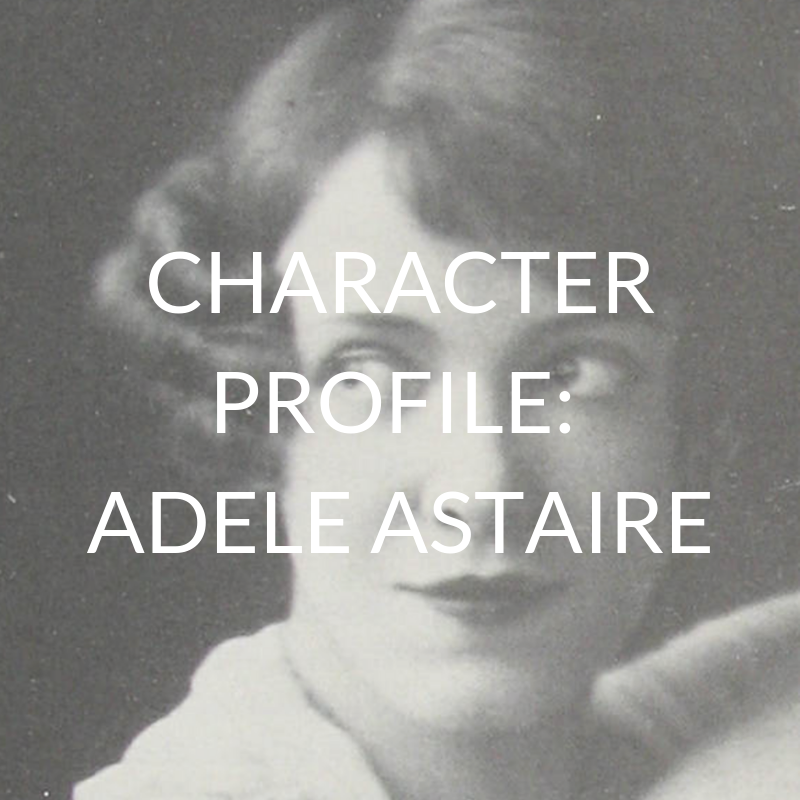|
As a teacher, May felt like a mad dash to the finish line. If it weren't for the fact that I had had to wait on the hold list for weeks for my first two books or for the fact that my third book was so short, I highly doubt I would have done so much reading! The Underground Railroad by Colson Whitehead I kept seeing this book and hearing about this book. It won the Pulitzer Prize for fiction in 2017 and was the Historical Fiction Goodreads Choice Award winner in 2016. And then a friend recommended it. And still, I hesitated to give it a try. I've read several other historical fiction books set during the time of slavery in the deep south, such as The Kitchen House by Kathleen Grissom. In that review, I wrote how "it was well written, but relied heavily on tragedy to keep the story going. The author was unapologetic and relentless in her attempts to be eye-opening and appeal to our sense of hopelessness," and I often find that to be the case with books about this time period because it is a dark time in our country's history and the stories are riddled with terrible atrocities that are so distressing as to leave you feeling shaken. And yet, I read a lot of books that portray the Holocaust, which has made me wonder why I am so adverse to reading about slavery. Is it because of the terrors of slave ships? Is it because of society's compliance and acceptance of the peculiar institution? Is it because slavery was a life long sentence endured by generations of men, women, and children? Is it because slavery is part of our past and still holds great influence in our present? What I appreciated most about The Underground Railroad was how the author was able to provide powerful literary descriptions without being "unapologetic and relentless." Without being overly graphic, he drew attention to the cruelty and abuse through his literary descriptions, purposefully and without vulgarity. By NOT focusing heavily on the unspeakable abuse endured during this time, he created a powerful reminder of the complacency and normalcy of these horrors without diminishing their brutality. The book covers a variety of settings, providing context to a very diverse and divided country. The only thing that left me a bit wary was the fictitious portrayal of the underground railroad as an actual railroad. Even though I knew this was part of the narrative, it made me question the rest of the story- how factual events and reactions were to the time period- because I the line between real and imagined was unclear. A Man Called Ove by Fredrik Backman Here is another one everyone keeps talking about. The waiting list to read it at the library has consistently been in the triple digits, so I originally tried reading My Grandmother Asked Me to Tell You She's Sorry by the same author. And I didn't like it. But when Ove finally came up on my eBook hold list, I decided to give Backman one more try- this time with his best known and best selling novel. While it took me a while to get into the book, I fell in love with Ove like everyone else. He is just the most endearing old curmudgeon- once frustrating and brusque and impossible- but these very traits somehow also make him kindhearted and loyal and true. He becomes your neighbor and grandpa and friend, and reminds you of the people you love in spite of their shortcomings. And he's not the only character that makes the book so worthwhile. The author depicts so well how strangers with their differences and quirks and annoyances become a sort of family when you share a sidewalk or a view or a street and make their own community. A Room with a View by E.M. Forster With a goal to read more classics, I stumbled upon this short option with a great back cover summary and dove in. As I read, I had flashbacks to middle school and high school, when I would read great literature and try to understand what the big deal was (or even just try to understand what was going on!). I found myself 100 pages in and thinking that this book was not even well written, which naturally made me question my taste and my very understanding of literature. So I confided in a friend who has been work on his PhD in English, and much to my relief he explained that Forster is a Realist and it is entirely acceptable to dislike his writing style. THAT explained why I didn't feel any strong connections with the characters and why I felt like the author made odd choices about which details to include and which to ignore. I was expecting a romance and ended up with a realist. Definitely not my cup of tea, but I'm glad to have expanded my views.
1 Comment
6/11/2017 06:11:11 pm
I have been putting off reading the Whitehead book for the exact same reason! Maybe I will give it a try. It has been on my list for months. I enjoyed A Man Called Ove, although I found his transformation a wee bit unbelievable. I'm a huge Forster fan, so maybe I'm a realist!
Reply
Leave a Reply. |
